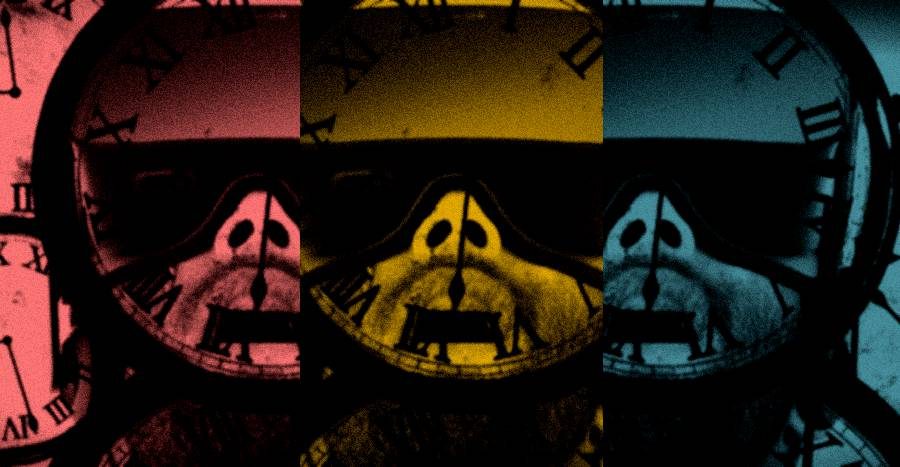Researchers from the Institute of Electrical and Electronic Engineers (IEEE) conducted a study on VR and time perception last spring. The results showed virtual environments could influence our perception of time passing under certain circumstances.
The findings of the study represent newfound ground for VR developers and enthusiasts.
The manipulation of time in games and other applications could have many uses in different situations, helping users perceive time going by faster or slower at will.
Specialists have noted the importance of the study’s results for future uses in everything from games to planes, but they also know this is just the start of a larger research effort.
They plan on studying further influential elements in VR to see how real virtual environments can become.
What were the parameters of the IEEE study?


The IEEE researchers conducted the study with 21 students of the University of Hamburg. The sample population had to enter a virtual environment (a beach) using an Oculus Rift headset and perform a series of tasks under three different time variables.
There were three activities and three-time symbols, or ‘zeitgebers’ in German. The first scenario (a) had participants just sit in a chair looking at the shore, while the second (b) introduced a verbal cognitive task, and the third one involved a spatial cognitive activity (c).
The students, then, had to perform the duties assigned to them under scenarios (a), (b), and (c) with the sun as the time symbol variable. The sun could either remain static, move as it would during its regular 24-hour cycle, or move twice as fast the real sun does.
What were the findings of the IEEE study?
Scientist found that much like in real life, the 21 participating students who were immersed in VR under scenarios (b) and (c) did not notice the time passing regardless of sun speed as much as those only sitting at the beach.
The manipulation of the sunlight in VR did not have the same effect in situations where participants had to perform cognitive tasks since their brains were busy processing the information of the task at hand.
The speed of the sun went largely unnoticed by those performing space-recognition activities since the same area of the brain is responsible for both time perception and spatial orientation.
The results provided an overview of the potential applications time manipulation could have in VR environments in the future.
Source: IEEE

